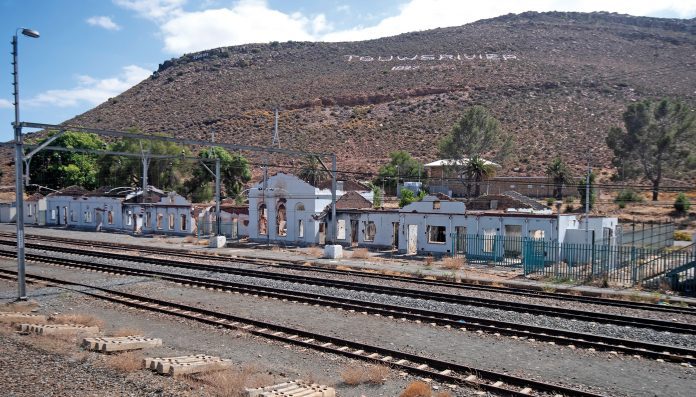It is difficult not to be angry when you are a South African ratepayer, or even a taxpayer, if your daily experience is the destruction by vandals of public property that we paid for with taxes. Yet, the government seems not to have a sense of revulsion by these acts of wanton destruction.
In the May 29 general elections, the ANC lost its majority in Gauteng, sliding to below 35%, and a disappointing 40% of the electorate’s vote nationally.
What do these numbers tell us? Could it be that the voting population has lost confidence in government systems?
The electorate is no longer fooled by empty political rhetoric politicians spew at rallies.
In the Gauteng polls, the electorate, mostly black, gave the DA 30% of the vote. If this is not a sad indictment on us, I don’t know what it is.
The ANC at the peak of its glory had the likes of Nelson Mandela, Chris Hani, Thabo Mbeki as political lodestars, and was seen, rightly or wrongly, as the leader of society – a political party that brought liberation to South Africans.
That assessment has changed. President Cyril Ramaphosa, in the government of national unity, has become a lame duck, easily intimidated by the DA, a party that would have known its place 20 years ago, because it would have been given short shrift, and told were to get off – but not so today.
Now let us get back to vandalism of the infrastructure, especially traffic lights that are pole-axed by vandals almost every day.
We may not know who the culprits are, but a “theory” doing the rounds in the townships is that the vandalism is the work of foreign nationals.
But the point we make until the police effect arrests, we can never for certain know who the culprits are. So, the police must do their work by tracking down vandals responsible for the mess.
We need police intelligence to help apprehend the culprits. The government promised the people good governance, which they deserve.
Many people do not see a better life, but more often than not they witness the destruction of the country’s infrastructure with devastating effect to the economy.
But if we put to the side the question of the sawing off of the traffic lights, we ought to be concerned about the failure by the police to apprehend the culprits, and we ask ourselves why perpetrators of crime are escaping detection from the police, who are expected to have their ears and eyes on the ground among the communities they serve.
The other reality facing the nation are traffic lights that are regularly out of order, and have become a white elephant.
We ask, what is the function of local government – and what budget is there allocated to ensure we enjoy these services without interruption?
In all major cities, especially Johannesburg and other metros such as Ekurhuleni and Tshwane, manholes are dysfunctional, the cities teem with debris and sleaze everywhere and the air is permeated with a foul stench that now seems to be the hallmark of central
business districts.
The villages are not doing much better either.
I frequently visit Cape Town, and in the small hours of the morning I often see city workers knuckling down to spruce up the city before the huge influx of shoppers, tourists, reveller and workers descend on the city.
By comparison, the city looks by far well cared for than my Joburg and Germiston, which are cities I love because I was reared in both of them.
Cape Town is well run. Put aside the politics, why are we not getting the same quality services elsewhere?
And what about the destroyed railway infrastructure?
As we approach the new year, what are we going to do to give new life to our railway infrastructure and ease people’s woes they face with escalating transport costs.
I trust the mandarins at the Passenger Rail Agency of South Africa will reverse this state of affairs. SA needs to turn a corner. The government owes it to South Africans to run better this beautiful country destroyed by corrupt leadership.
- Mdhlela is an independent journalist, an Anglican priest, an ex-trade unionist, and former editor of the South African Human Rights Commission journals



